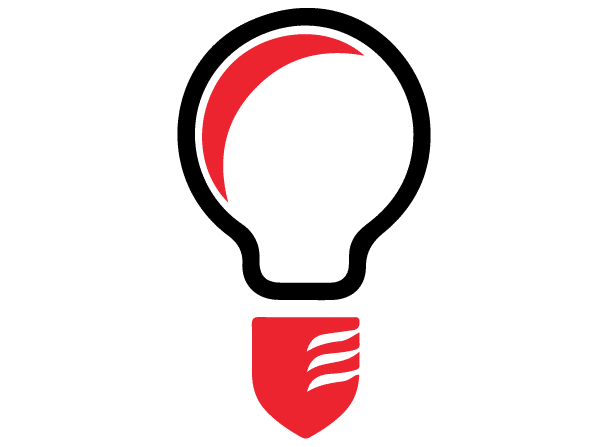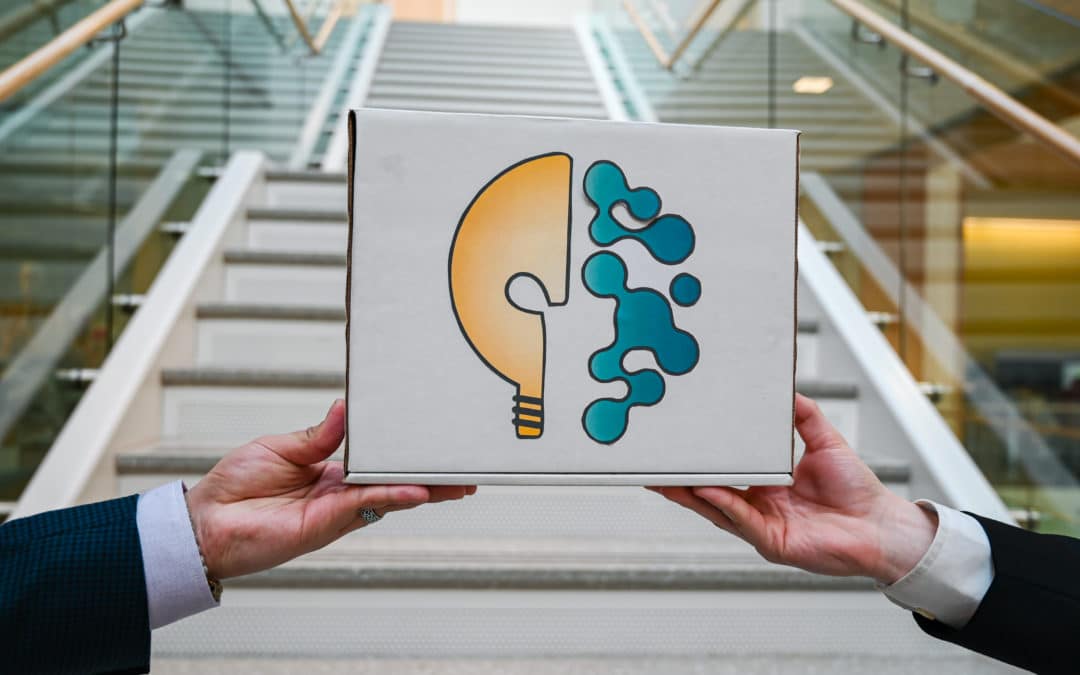My mother used to tell me as a child that if I see a need, I need to meet that need. As entrepreneurs that is our core mission. We see needs and meet them, however, any entrepreneur knows that research is key to the discovery process and validation of the next million-dollar idea. Albert Szent-Gyorgyi once said, “Research is to see what everybody else has seen, and to think what nobody else has thought.” As I reflect on that quote, I think that is quite powerful and innovative. It captures the essence of entrepreneurship. We look at the world and think of the things that no one else has thought of and that one thought might be the solution to solve a major problem in culture or society.
Personally, I love the research process. Having an idea and finding a way to make that idea a reality is exciting, it’s like a game. We had to do this in-depth with Resense, our new company targeting neurodegenerative diseases through our main product the Memory Box. When creating the Memory Box we had this wild idea to benefit individuals living with Dementia. So, we started the research process. We started to look at what treatments are currently available, what therapies have proven progress, and which medications are beneficial. Looking at what everybody else sees trying to find that one thought [idea] that no one else has thought.
My favorite part of the research process was interviewing professionals in the field. This included psychologists, psychiatrists, occupational therapists, caregivers, and Dementia consultants. While quite daunting, this process proved to be advantageous for Resense and the trajectory of the Memory Box. I am a sophomore in college, with no real qualifications… just a very driven and curious personality. Networking has always been fun for me, however, I found that it was difficult to find contacts in my circle who were any of the professionals that I listed above. So, I went to social media, specifically LinkedIn and Facebook. I told my story and requested a 15-30 minute interview with anyone who would give me the opportunity. Looking back, I was able to count and I sent over 300 LinkedIn invitations to connect and posted my story in over 20 Facebook Groups of caregivers and care providers for those living with dementia. I took a chance and it paid off tenfold. I soon came to realize something that I will never forget: If someone is interested or passionate about something they will tell you all about it, brainstorm with you, and help you in any way you need. These interviews were enlightening and as I did them I felt like I was drinking out of a firehose. As I interviewed psychiatrists and psychologists I learned all about the scientific, psychological side of the disease, medications, and current care practices and felt like I was getting a crash course regarding anything relating to Dementia.
I went into the research process with the goal to learn everything about Alzheimer’s and Dementia. I wanted to understand it inside and out and I was able to do this. This proved helpful, but surprisingly the doctors or Ph.D.’s in psychology were not the ones who taught me the most. I learned the most from the caregivers and care consultants. Think of them as the front-line workers, they see everything that goes on each day, while some psychologists can only see the residents or individuals once every week. I got told countless personal stories of loved ones who became the primary caregiver of their parents. I learned about their daily lives, schedules, and activities. These stories were so special but also sad. It was sad to see this disease take away these treasured memories from these individuals. This is when we realized that our product was more than just a tool to increase memory recall. It was a tool to help elicit long-term memories for the individuals living with Dementia, while also allowing the family members and loved ones new opportunities to create new memories. This disease is one that is currently without a cure, but we can help make sure that these individuals are as comfortable as they can be as the disease progresses.
By the end of this process, we finally had that “thought” that no one else has had. We learned that there is a parallel relationship between the degradation of the senses and memory. So we created the Memory Box. It is a well-curated collection of different products that holistically targets each of the senses, which increases brain health and elicits long-term memories. We also designed it to act as a transitory tool between home and care or a “conversation/activities box” for all residents during activities sessions. The memory box provides endless opportunities to engage in meaningful ways with residents and their loved ones which was our main goal and became our mission: to bring comfort and joy to those living with dementia.
So, I intended this article to encourage people to research anything and everything. I know how daunting and frustrating it can be. As I wrote this, I didn’t realize just how important research was to our company: without it, we would have never created the Memory Box. Without research, we would never have learned about how the senses impact memory, or how much more impactful activities of daily life are to the caregivers rather than the patient or loved ones. Research created Resense. We went into the process with one goal in mind and walked out learning things that we had never even thought of or expected. I hope if you are reading this and have an idea in the back of your head that you think could be the next million-dollar idea, you go for it… but research first. You never know what you could learn!

